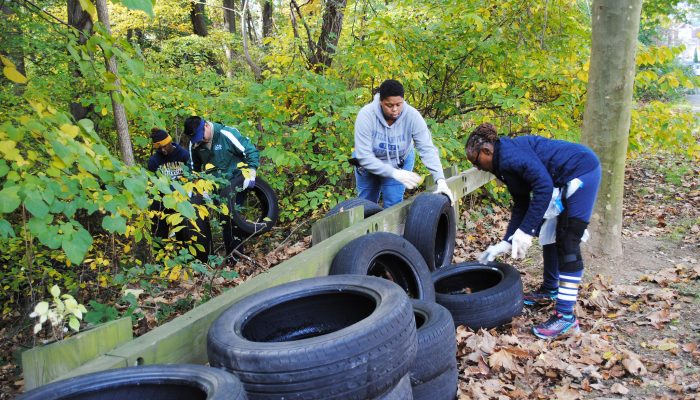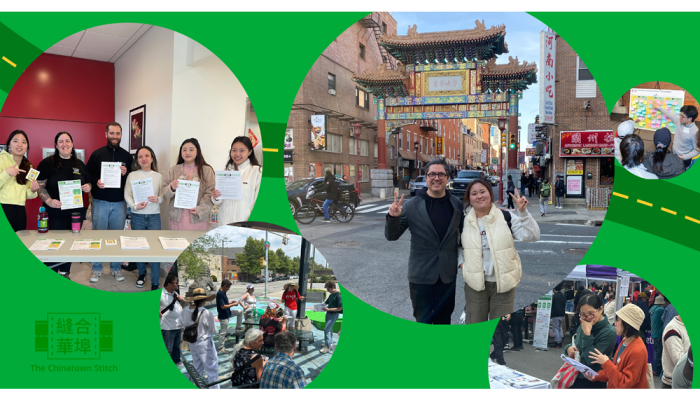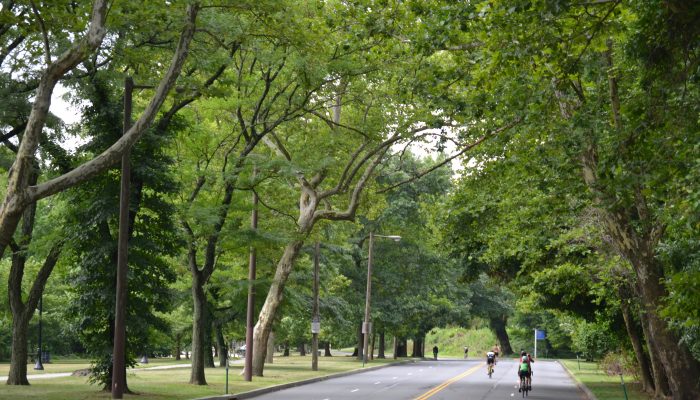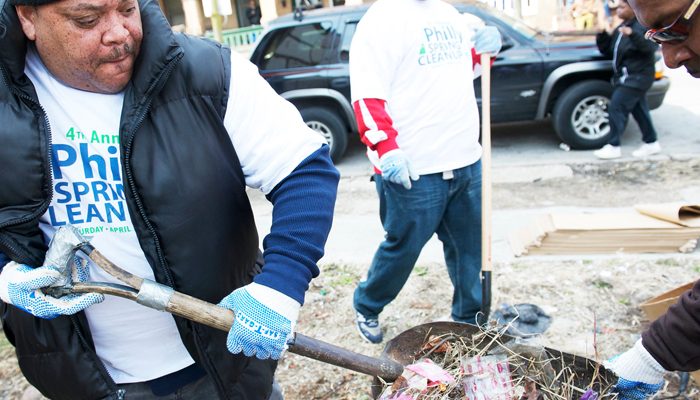We all have a part to play in keeping Philadelphia clean! Many Philadelphians have noticed the impact of littered streets and illegal dumping on their neighborhoods. When we keep our blocks clean, we gain a sense of pride in our city.
What the City is doing to combat the trash
Our Zero Waste and Litter Cabinet developed a comprehensive plan to reduce litter and waste. Last year, the Cabinet oversaw the process for the Litter Index, a map-based survey of the litter conditions across the city. With the help of this survey, other City departments, and stakeholders, the Cabinet and the Streets Department formed Neighborhood Litter Control Plans, like the one recently developed for Kensington.
There are also multiple efforts across City departments to address illegal dumping and litter:
- The Streets Department announced that it will install 50 surveillance cameras in illegal dumping hotspots around the city this year.
- City Council established 84 Litter Enforcement Corridors where litter and illegal dumping fines will increase.
- The Zero Waste and Litter Cabinet partnered with City departments, City Council, and law enforcement to create a comprehensive plan to address illegal dumping and create cleaner neighborhoods.
- The Philadelphia Police Department hired two environmental crimes detectives to ramp up illegal dumping investigations and enforcement.
- The Streets Department used the Litter Index as a guide to choose the streets that will be part of the street sweeping pilot launching this spring.
These efforts put us another step closer to a litter-free city, though we know there’s still much more to do. To keep up the momentum, we need your help. But first, let’s take a closer look at litter and illegal dumping.
Litter and illegal dumping: What’s the difference?
Litter and illegal dumping may seem like the same thing. Trash is trash, right? It all takes away from the beauty of our city, but there are some differences that are important to know if you’re working to keep your neighborhood clean.
Litter is scattered or discarded debris along streets and sidewalks.
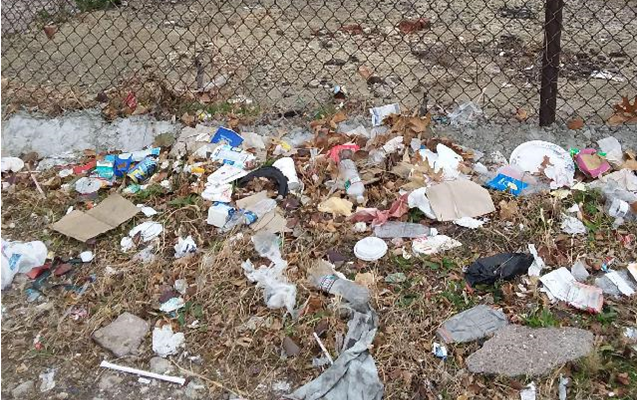
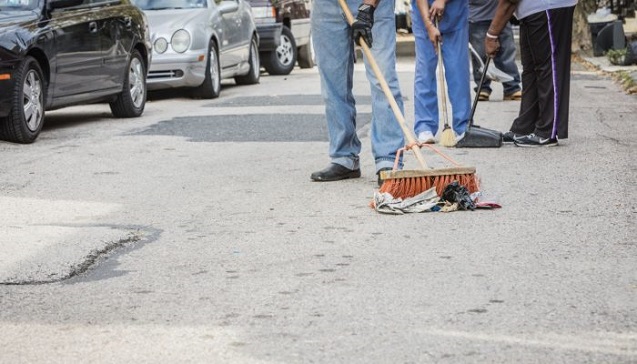
Illegal dumping is the act of dumping substantial waste (e.g., household furniture, construction materials, tires, household trash, hazardous waste) in unauthorized locations such as a public street, sidewalk, vacant land, or under a bridge instead of properly disposing of materials.
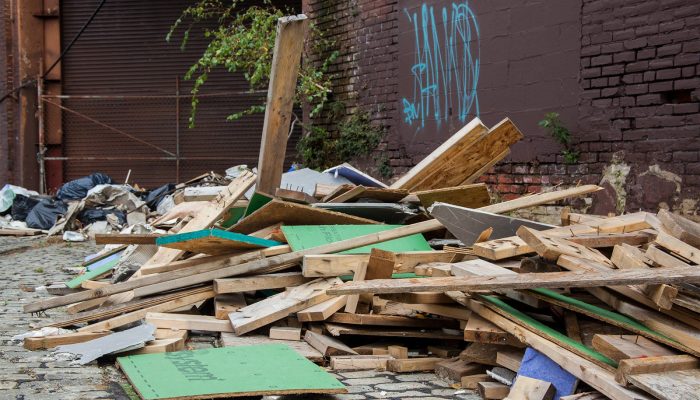
When you see debris, ask yourself this: Does it require a large cleanup effort and/or heavy machinery to remove it from the street? This will also help when reporting to Philly311!
How to report litter and illegal dumping
Now that we understand the difference between litter and illegal dumping, let’s find out how to report to 311.
You should call 311 when:
- There’s a missed trash pick-up on your trash day
- You spot a dumping site after the illegal dumper has left the area
Tip: Note the exact location and take a picture of the debris to share with 311.
You should call 911 when:
- You see illegal dumping in the act!
You can report to Philly311 online or by dialing 3-1-1 on your phone (or at 215-686-8686). After you make a report, a SWEEP officer will inspect the site for evidence that could lead us to the illegal dumper. Helpful tip: Make sure to include an exact location so crews can find the illegal dumping site easily!
Use this helpful flyer to remember when to report and who to contact.
Reporting basics:
If you see illegal dumping in the act, it is helpful to save any camera footage you or your neighbors might have. A license plate number, a description of what was dumped from the vehicle, and the identity of the individuals who dumped (if known) will help our environmental crimes detectives investigate.
REMEMBER: Stay safe and please do not confront an illegal dumper!
Have a security camera? Register it with the Philadelphia Police Department’s Safe Cam Program. This helps the police know where they can access surveillance footage to help combat crime across the city.
What you can do to help us keep Philadelphia clean
There’s are many resources available and opportunities to get involved in cleanup efforts right now! Here’s what you can do:
Organize a block cleanup: The Community Life Improvement Program (CLIP) can help you organize a cleanup on your block and even provide the tools you need. Contact CLIP at (215) 683-2547 for more information, and check out CLIP’s tips and best practices for effective cleanups
Become a block captain: Block captains are vital in making sure blocks stay clean and beautiful. If your block does not have a block captain, you can apply! Don’t know if you have a block captain? Search your address.
Take part in Philly Spring Cleanup: Every year, the Streets Department organizes a citywide cleanup that everyone can take part in! The 12th annual cleanup will be April 6, 2019! Interested? Register a project or sign up as a volunteer.
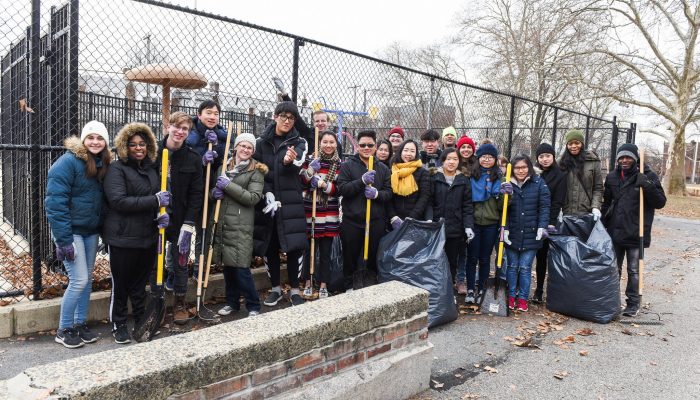
Participate in Love Your Park Week: Do you love your neighborhood park and want to keep it beautiful all year-round? Twice a year, you can join 2,500 fellow residents for Love Your Park Week. Volunteers clean up trash and litter, tend gardens, care for trees, and more. Volunteer registration for Love Your Park Week 2019 will open on April 11.
It is important that all of us work together to care for our city and our neighborhoods.

